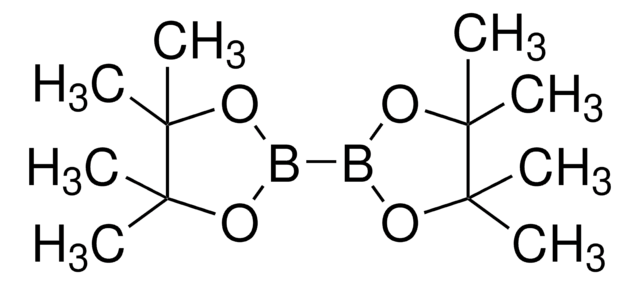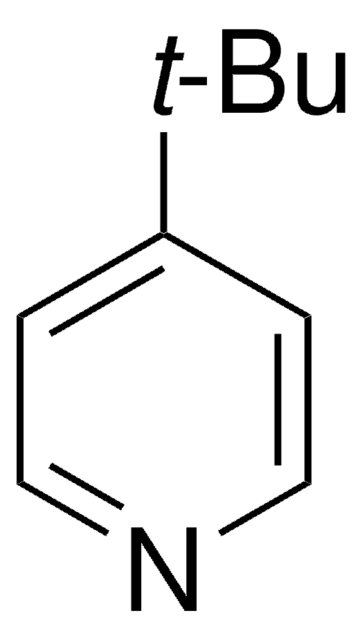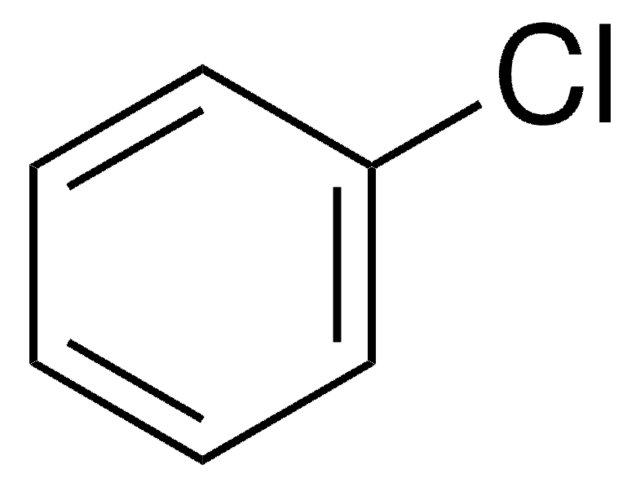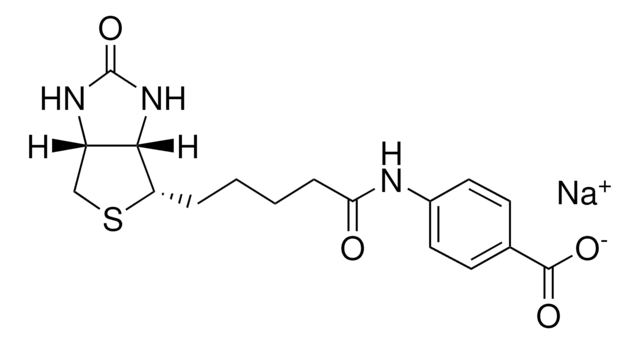791733
Potassium acetate
anhydrous, free-flowing, Redi-Dri™, ACS reagent, ≥99.0%
About This Item
anhydrous
Recommended Products
grade
ACS reagent
anhydrous
Quality Level
vapor pressure
<0.0000001 hPa ( 25 °C)
product line
Redi-Dri™
Assay
≥99.0%
form
powder
quality
free-flowing
impurities
≤0.005% insolubles
pH
6.5-9.0 (25 °C, 5%)
density
1.57 g/cm3 at 25 °C (lit.)
anion traces
chloride (Cl-): ≤0.003%
phosphate (PO43-): ≤0.001%
sulfate (SO42-): ≤0.002%
cation traces
Ca: ≤0.005%
Fe: ≤5 ppm
Mg: ≤0.002%
Na: ≤0.03%
heavy metals: ≤5 ppm (by ICP-OES)
SMILES string
[K+].CC([O-])=O
InChI
1S/C2H4O2.K/c1-2(3)4;/h1H3,(H,3,4);/q;+1/p-1
InChI key
SCVFZCLFOSHCOH-UHFFFAOYSA-M
Looking for similar products? Visit Product Comparison Guide
Related Categories
General description
Application
Features and Benefits
- Increased efficiency – Eliminates time and effort of loosening hardened powders
- Safety – Eliminates tools of force used to break up clumps
- Ecology – Reduces waste as it does not stick to the packaging
- Economy – Faster preparation and solvation increase productivity and reduce costs
- Assured Quality – Excellent, expert-tested quality with no anti-caking agents
- Flexible volumes – Available from research amounts to scale-up quantities
Legal Information
Not finding the right product?
Try our Product Selector Tool.
Storage Class Code
13 - Non Combustible Solids
WGK
WGK 1
Flash Point(F)
Not applicable
Flash Point(C)
Not applicable
Choose from one of the most recent versions:
Already Own This Product?
Find documentation for the products that you have recently purchased in the Document Library.
Customers Also Viewed
Our team of scientists has experience in all areas of research including Life Science, Material Science, Chemical Synthesis, Chromatography, Analytical and many others.
Contact Technical Service



![[1,1′-Bis(diphenylphosphino)ferrocene]dichloropalladium(II)](/deepweb/assets/sigmaaldrich/product/structures/130/734/8846aa26-1858-458a-998d-8c306c13bf0f/640/8846aa26-1858-458a-998d-8c306c13bf0f.png)




![[1,1′-Bis(diphenylphosphino)ferrocene]dichloropalladium(II), complex with dichloromethane](/deepweb/assets/sigmaaldrich/product/structures/825/986/4317978b-1256-4c82-ab74-6a6a3ef948b1/640/4317978b-1256-4c82-ab74-6a6a3ef948b1.png)